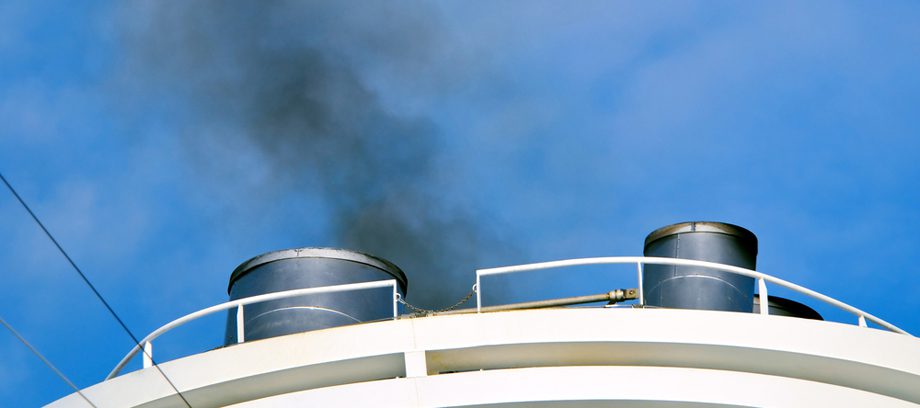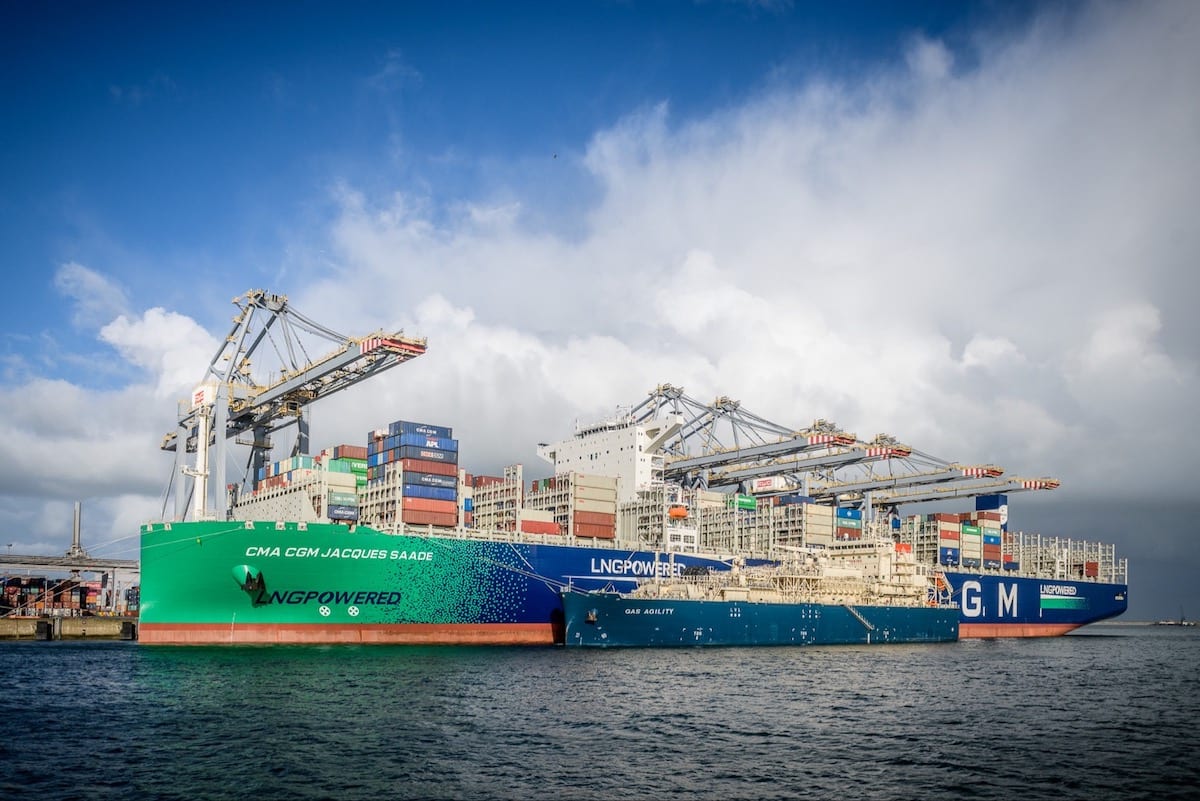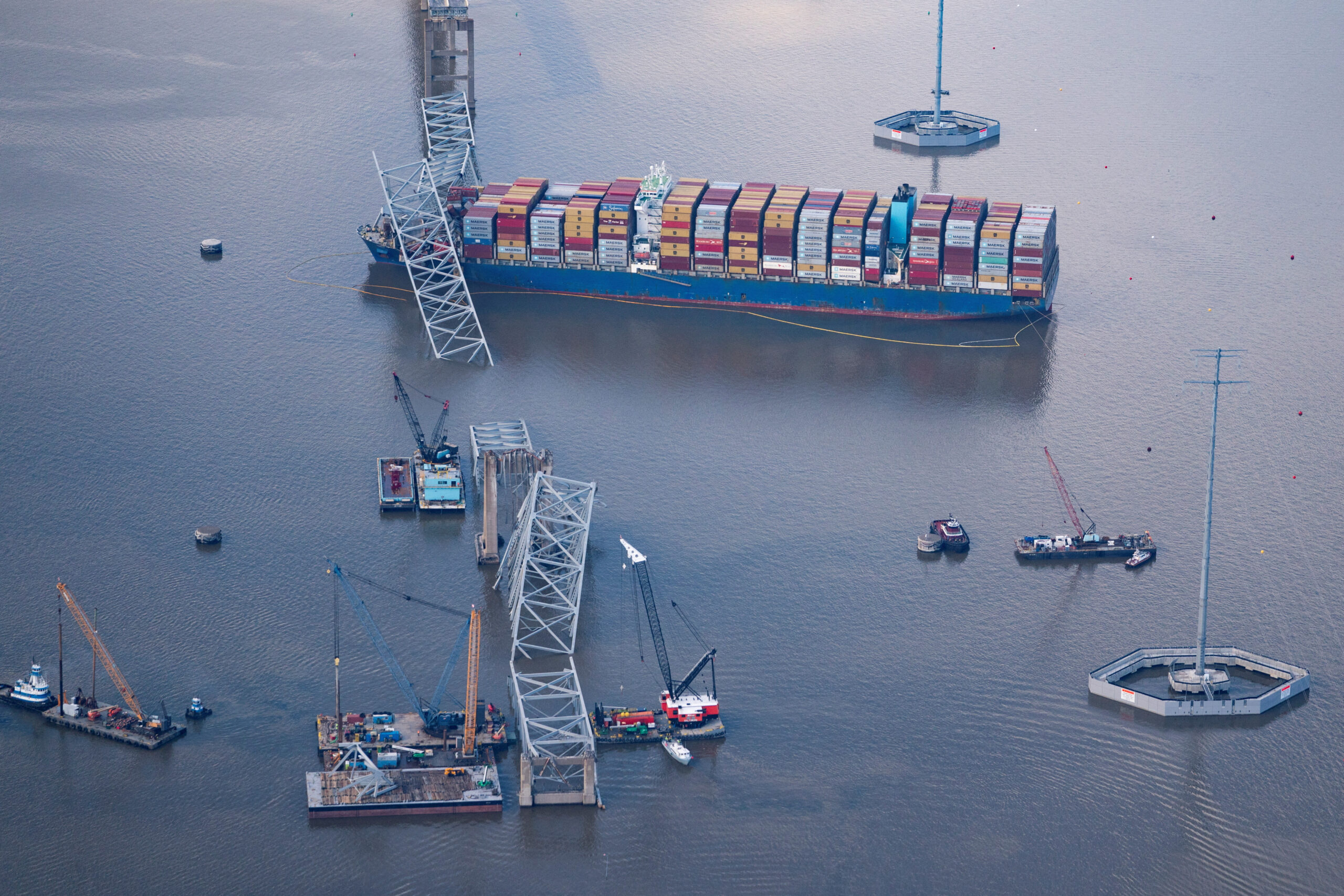The European Union set stricter limits for sulfur in ship fuel, enacting International Maritime Organization agreements to fight air pollution.
The European Parliament voted to reduce sulfur in fuel used by all vessels in EU waters other than the Baltic Sea, the North Sea and the English Channel to 0.5 percent in 2020 from as much as 3.5 percent currently. The assembly also incorporated an IMO accord that will lower sulfur in fuel used by all ships in the Baltic Sea, the North Sea and the English Channel to 0.1 percent in 2015 from 1 percent now.
“I really hope that these new rules will be a boost to greener shipping in Europe,” said Satu Hassi, a Finnish member who steered the draft legislation through the 27-nation EU assembly today in Strasbourg, France. The bloc’s national governments have already signaled support for the law after blocking a more ambitious crackdown on maritime pollution that the Parliament initially sought, making their final approval a formality in coming weeks.
The EU is curbing sulfur-dioxide emissions blamed for illnesses including asthma, bronchitis and heart disease and environmental damage such as the disintegration of buildings. Ship emissions of sulfur dioxide in EU areas will surpass European land-based discharges of the pollutant by 2020 without further action, according to the bloc.
Parliament and member-state negotiators reached an accord on the new limits in May. At the time, the assembly’s representatives including Hassi abandoned tougher restrictions urged by its environment committee because of governments’ concerns about industry costs projected as high as 11 billion euros ($14 billion) a year.
Sulfur Limit
In February, the Parliament’s environment committee recommended setting a 0.1 percent sulfur limit for fuel used by passenger ships operating between EU ports as of 2020 compared with a current limit of 1.5 percent.
The new EU legislation excludes that recommendation as well as an environment committee proposal to reduce sulfur in fuel used by all ships in EU waters other than the Baltic Sea, the North Sea and the English Channel to 0.5 percent in 2015 and 0.1 percent in 2020.
As part of the political compromise in May abandoning those two targets and endorsing the 0.5 percent limit in 2020, the Parliament and national governments pledged in return to ignore a possible IMO move to delay this standard until 2025.
Passenger Ships
The final version of the new EU legislation waters down not only the recommendations of the Parliament’s environment committee but also the initial draft law by the European Commission, the EU’s regulatory arm, in July 2011. Like the environment committee, the commission proposed that the sulfur limit for fuel used by passenger ships operating between EU ports be lowered to 0.1 percent in 2020.
The provisions of the new law incorporating the two IMO standards for sulfur in ship fuel uphold the commission proposal.
The tougher standards proposed in July last year would bring health benefits of between 15 billion euros and 34 billion euros a year, according to the commission. The annual costs for the shipping industry would range from 2.6 billion euros to 11 billion euros, the commission said.
– Jonathan Stearns, Copyright 2012 Bloomberg

 Join The Club
Join The Club














